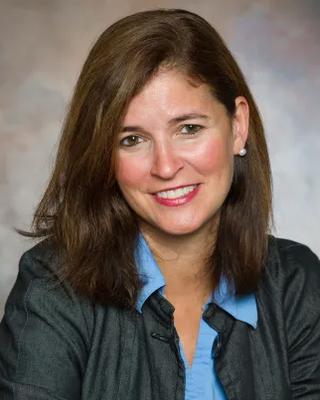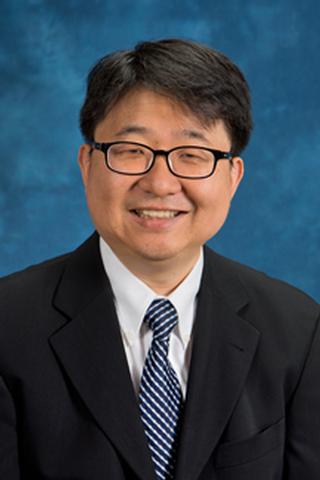News
New Psychiatry Division Emphasizes Addiction Research, Education
Wednesday, September 18, 2024
The Department of Psychiatry is tackling the dramatic rise in mental health and substance use disorders with the creation of an academic Division of Addiction Psychiatry to expand care and bolster research and education.

UR Medicine’s nationally recognized Recovery Center of Excellence is housed within this new division and leading the way by implementing hot-off-the-press addiction prevention strategies while partnering with rural communities across the country to increase support and prevent opioid overdoses, said Division Chief Caroline Easton, PhD
Blending cognitive behavioral therapies with cutting-edge digital tools will fortify our programs for patients, scientists, and learners as we collaborate with the NIH and FDA in developing more evidence-based digital tools to promote access to care for clients with addiction and co-occurring mental health disorders.
“Using the biopsychosocial model, we’re strengthening our holistic care for clients with substance use and other addiction disorders by offering wrap-around services with translational research components,” Easton said. She joined the faculty earlier this year and also serves as the department’s director of digital therapeutics. (Learn more about Easton here.)

The new division will encompass all outpatient addiction services and programs, some of which will shift from the Community Psychiatry Division. However, there will be no visible change for patients, as clinical care remains under the Strong Recovery brand.
Myra Mathis, MD, Division chief and director of the Addiction Psychiatry Fellowship Program and Dr. Easton, are working to increase enrollment to meet the growing demand for substance use disorder interventions.
Faculty, fellows, and interns will study standard and emerging treatment approaches including motivational enhanced therapy, dialectical behavior therapy, biofeedback, music and art therapy, and mindful meditation, along with Afro-centric interventions and programs for Spanish-speaking individuals. Patients may benefit from a comfort robot and interactive avatar-targeted therapies.
“Establishing a division dedicated to addiction psychiatry builds upon our legacy of leadership in psychiatric medicine and care,” said Hochang B. Lee, MD, chair and the John Romano Professor of Psychiatry. “The innovations in care, research and education continue our legacy of supporting tomorrow’s leaders in the field.”

The department, which recently celebrated its 75th anniversary, leads one of Monroe County’s two opioid treatment programs, has the region's only ACGME-accredited addiction psychiatry fellowship and, with the Warner School, developed an advanced certificate program in substance use disorder counseling. And, working with the regional psychology consortium, the division trains five psychology interns at clinical sites.
“We’ll be able to attract top talent because we have a unique and sophisticated system to support their career advancement,” Mathis said.
